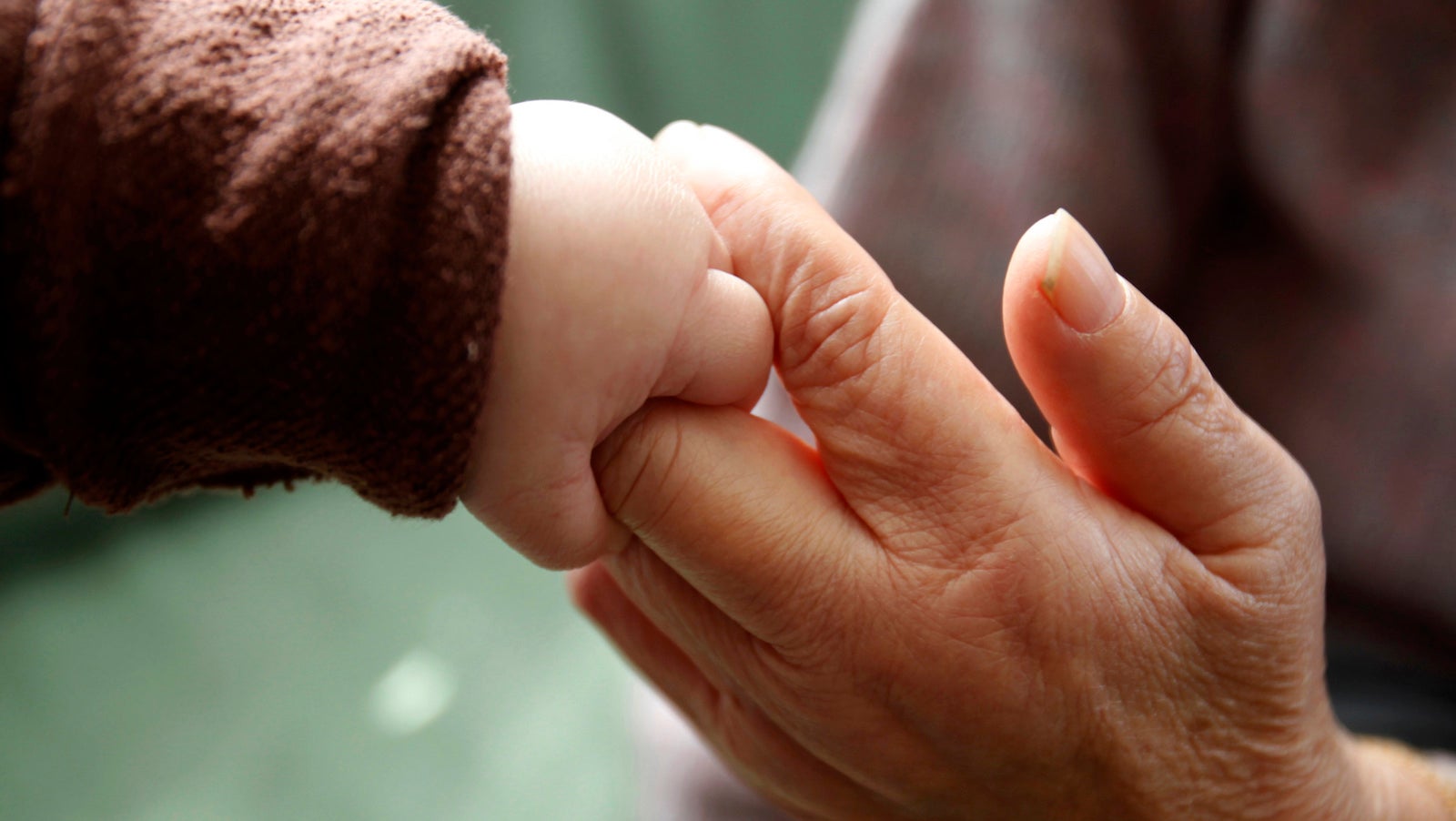Stressed out by politics? It could be making your body age faster, too
The globe is like one big biological cell, each part intricately interdependent. This is true not just of our physical world but for our social world, too: Water, natural resources, pollution, economies, and politics are more interconnected than ever, but our emotional lives are also intertwined with these factors.


The globe is like one big biological cell, each part intricately interdependent. This is true not just of our physical world but for our social world, too: Water, natural resources, pollution, economies, and politics are more interconnected than ever, but our emotional lives are also intertwined with these factors.
Primates like us Homo sapiens have mirror neurons, meaning that our brain responds to seeing other people’s actions as though they were happening to us. We feel people’s joy, but also their pain. In this way, emotions are contagious. A smile at a stranger has an effect on their emotional state. Interacting with close ones can bring your nervous system in synchrony with theirs. Mothers pass on feelings of threat or of calmness to their babies, and this is reflected in the babies’ nervous system stress arousal levels.
What does this say for our microscopic cells’ reactions to the world’s current state of affairs? We are witnesses and thus we vicariously experience local and global events. Innocent black men are being harmed by armed police at three times the rate than whites. The horror and pain felt by families trapped in Aleppo, Syria. The shock waves echoing around the world as people see the personal impact of the US president Donald Trump’s immigration ban. The uncertainties of whether millions will lose health care coverage.
Our cells are listening to it all. And they’re not liking what they’re hearing.
For over a decade, we and other researchers have been studying a system in our cells that controls one of the ways we age: telomeres. These structures act as protective caps at the ends of chromosomes and shield our genes from damage—kind of like the plastic tips at the ends of shoelaces. When telomeres are long, the cell can replenish itself indefinitely, but when they shorten too much, the cell dies. The more telomeres shorten as we age, the less cells can go on dividing and replenishing our tissues, and the more vulnerable we are to the vast range of burdensome diseases of aging. And the effects are not saved up just for the elderly—even young people with short telomeres are more likely to catch the common cold.
But telomeres don’t just shrink as the years pass—they’re also affected by stress levels. Unlike the more sturdy genes inside the chromosomes, the tips of our DNA are sensitive to their surrounding environment. Under extreme and chronic psychological stress, they shorten more quickly than they should for one’s age. Social factors are associated with the length and strength of our telomeres, such as whether we are in a long-term marriage, the quality of our social relationships, the quality of our neighborhoods, and how much education we received. Discrimination, bullying, and exposure to violence also shorten our telomeres. In short, feeling threatened trumps telomeres.
We are now in a period where social culture is darkening with toxic stress. By the very definition of stress—situations that cause loss of control, loss of predictability, and threat to one’s sense of self or physical self—the majority of Americans are under tremendous strain. A recent APA poll showed that around 60% of Americans are stressed out by our political climate. Then there are the post-Brexit shockwaves still rippling through Britain, the fear of far-right rationalists winning elections all over mainland Europe, and the recent impeachment of heads of state in Asia and South America. This only compounds when you consider the precarious conditions in which the roughly 20 million global refugees are currently living. It’s hard for our minds to comprehend this scale of human suffering. We are absorbing social and political tumult on top of the usual stressors from work, relationships, and financial strain; ones we were already intimate with, but yet never seem to master.
And it’s not just your own health you’re potentially harming. Telomere science suggests that expectant parents who have severely shortened telomeres can pass them on to their offspring, independent of classic genetics. A parent’s telomeres might be very short from the wear and tear of decades of chronic stress and poor lifestyle. The next generation could start off with a little less ability for cell replenishment, which means they could be that much closer to developing aging diseases from their first day of life.
The good news is that there are many things we can do to protect our telomeres. These include the usual suspects—what we eat, how well we sleep, how active we are—but also, more relevant to today, how we respond to stressful situations.
We can only thrive if we do this together. Because of the invisible but pervasive connections between us that science doesn’t yet fully understand—including the mirror-neuron effect and well-documented social-contagion effects—it is truly up to all of us to help control global social stress levels. This goes way beyond political parties to focusing on the fundamental values that most of us share through our common humanity and same basic needs. We can help set the emotional tone for our own lives, relationships, families, and workplaces. Remember—our emotional state is contagious.
Meanwhile, our telomeres are listening. We unknowingly transmit negative emotions inward to our cells, and outward to those around us. Caring for ourselves and our communities better sets positive-feedback cycles between our emotional well-being and our cell renewal.
So think of your telomeres as you react to whatever news pops up today—and every new day as 2017 unfolds.